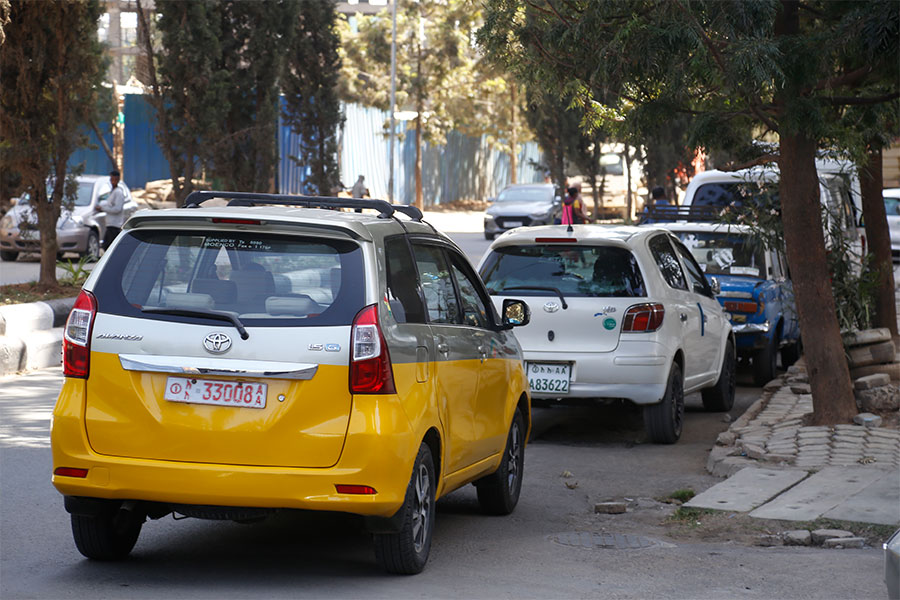
Featured | Mar 26,2022
The humanitarian crisis remains an overriding issue of concern in the Tigray Regional State, where aid agencies fear 900,000 people are exposed to the prospect of famine. Over five million people require emergency food assistance, and millions are displaced. Authorities in Addis Abeba have declared a "unilateral humanitarian ceasefire" last week and subsequently withdrew federal forces from Meqelle and much of the regional state.
The World Food Programme (WFP) has resumed its operations in the region after they were halted in late June. But reaching the population with emergency aid is further complicated by the destruction of a bridge on the Tekeze River connecting Tigray and Amhara regional states. Telephone and internet communications are cut off, flights stopped, roads are blocked, and banks remain closed. The humanitarian catastrophe could worsen for “millions of people in need of emergency food and nutrition support when hunger peaks in the coming months,” aid agencies warn.
This is a "moment of introspection" for Ethiopia, according to Taye Astkesellasie, Ethiopia's ambassador to the United Nations, addressing the Security Council on Friday. Under the presidency of France, the Security Council has convened an open meeting on the unfolding in Tigray, for the first time since the war began in November last year.
A fighter of the now Tigray Defense Forces (TDF) among the lines of soldiers passes a bottle of water to a prisoner of war belonging to the Ethiopian National Defence Forces. It was eight months ago that the latter had left the city falling under heavy assault by a coalition of federal forces, militia from the Amhara Regional State, and troops from Eritrea. This is an image that captured the new phase the civil war in Tigray has entered following the declaration of the unilateral ceasefire by federal authorities.
It was not an abrupt decision, according to Deputy Prime Minister Demeke Mekonnen, who addressed members of the diplomatic community in Addis Abeba. Demeke told the envoys the decision was under consideration before the election held on June 21, with the eventual plan of “holding an inclusive dialogue with relevant stakeholders after the election, including regular members of the TPLF.”
The war is not over, however. There are no signs that leaders of the TPLF, designated by Ethiopia's parliament as a terrorist organisation, are close to reciprocating in kind to the ceasefire. Neither has the rhetoric of war abated to fighting that has to this point shown little, if any, gain for either side. It has already cost the country 2.2 billion dollars, according to federal authorities. It is an amount equal to 2.3pc of Ethiopia's GDP.
PUBLISHED ON
Jul 03,2021 [ VOL
22 , NO
1105]

Featured | Mar 26,2022

Films Review | Sep 26,2021

Agenda | Jun 14,2020
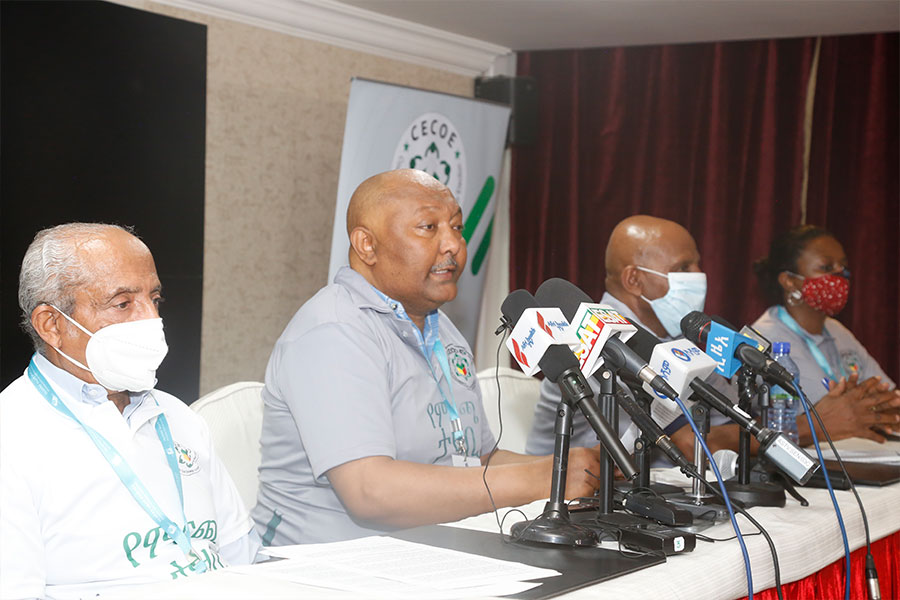
Radar | Jun 21,2021

Sponsored Contents | Jun 17,2021

Radar | Dec 19,2021
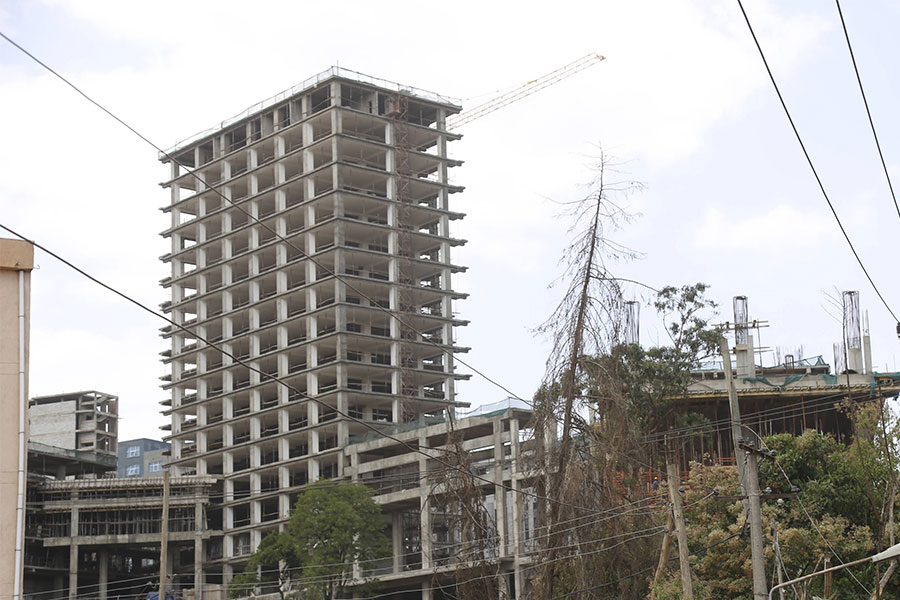
Agenda | Jul 11,2021

Radar | May 26,2021
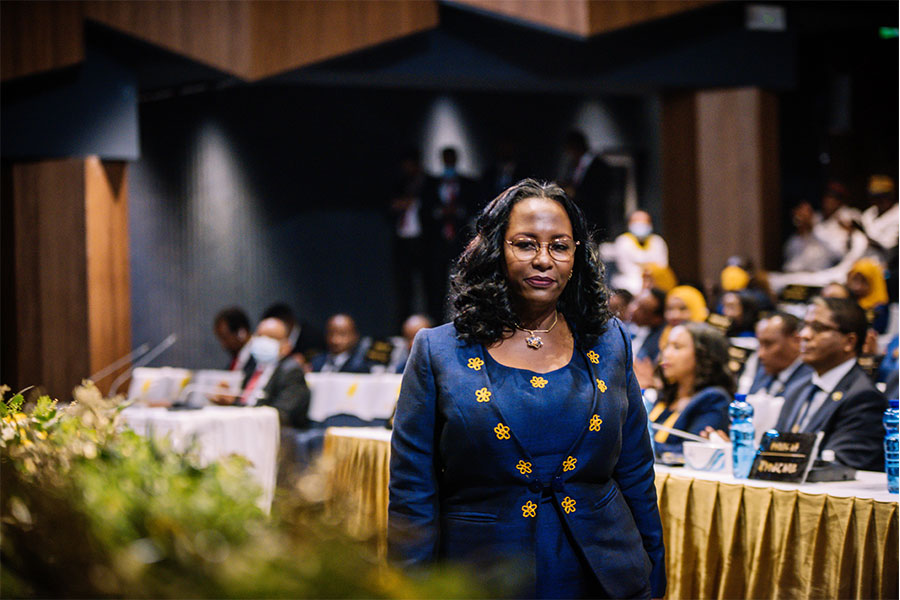
Fortune News | Oct 02,2021
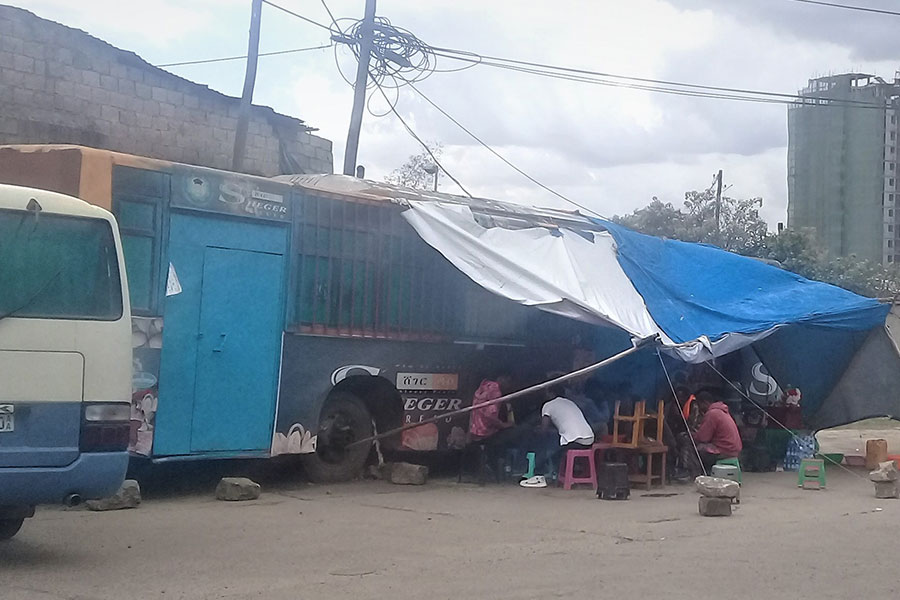
Radar | Apr 30,2022

Dec 22 , 2024 . By TIZITA SHEWAFERAW
Charged with transforming colossal state-owned enterprises into modern and competitiv...

Aug 18 , 2024 . By AKSAH ITALO
Although predictable Yonas Zerihun's job in the ride-hailing service is not immune to...

Jul 28 , 2024 . By TIZITA SHEWAFERAW
Unhabitual, perhaps too many, Samuel Gebreyohannes, 38, used to occasionally enjoy a couple of beers at breakfast. However, he recently swit...

Jul 13 , 2024 . By AKSAH ITALO
Investors who rely on tractors, trucks, and field vehicles for commuting, transporting commodities, and f...

Oct 11 , 2025
Ladislas Farago, a roving Associated Press (AP) correspondent, arrived in Ethiopia in...

Oct 4 , 2025
Eyob Tekalegn (PhD) had been in the Governor's chair for only weeks when, on Septembe...

Sep 27 , 2025
Four years into an experiment with “shock therapy” in education, the national moo...

Sep 20 , 2025
Getachew Reda's return to the national stage was always going to stir attention. Once...